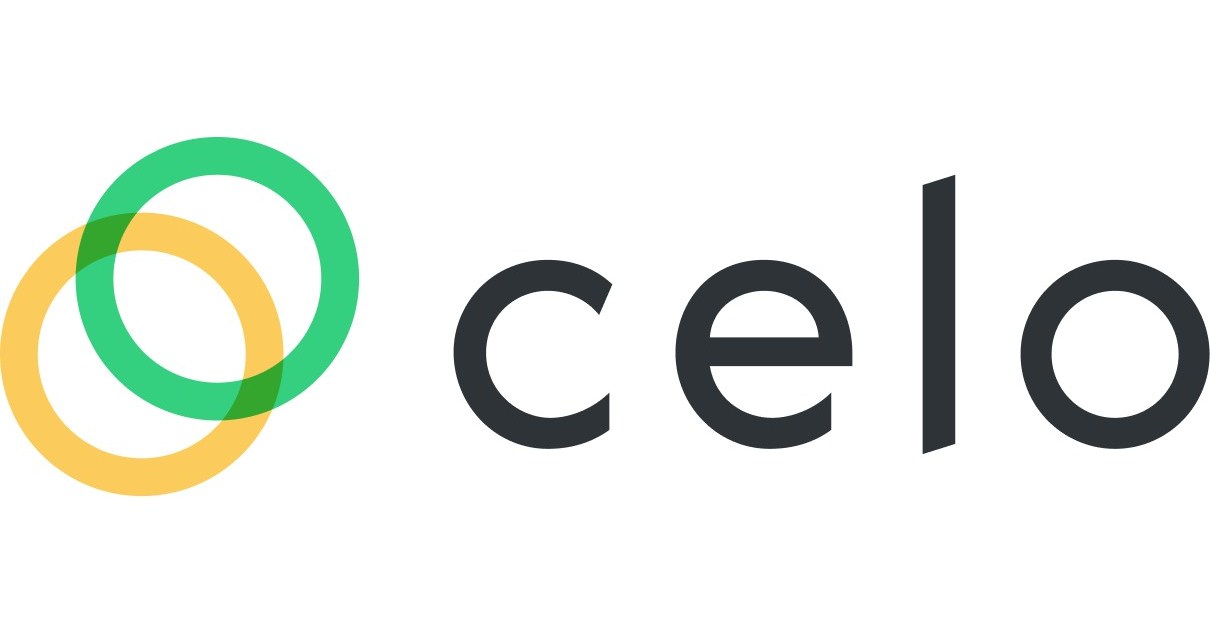News
Celo integrates Chainlink’s CCIP interoperability protocol
In a strategic move to bolster interoperability within the blockchain ecosystem, Celo has announced its integration with Chainlink’s Cross-Chain Interoperability Protocol (CCIP). This collaboration aims to facilitate seamless communication and transactions across different blockchain networks, enhancing the utility and scalability of Celo’s decentralized applications (dApps).
-

 Business3 days ago
Business3 days agoCircle stock jumps 167% on NYSE debut
-

 Business3 days ago
Business3 days agoJapan’s ‘Strategy,’ Metaplanet, to buy 91K Bitcoin in next 18 months
-

 Business7 days ago
Business7 days agoSingapore orders local crypto firms to cease overseas activity by June 30
-

 Business7 days ago
Business7 days agoMeta won’t buy Bitcoin as shareholders knock back treasury idea
-

 Business6 days ago
Business6 days agoSEC faces criticism over crypto staking shift
-

 Business7 days ago
Business7 days agoBinance co-founder CZ proposes dark pool DEXs to tackle manipulation
-

 Business6 days ago
Business6 days agoAustralia rolls out new crypto ATM rules as feds flag rising scams
-

 Business7 days ago
Business7 days agoElon Musk says X’s DM feature XChat to have ‘Bitcoin-style encryption’


























